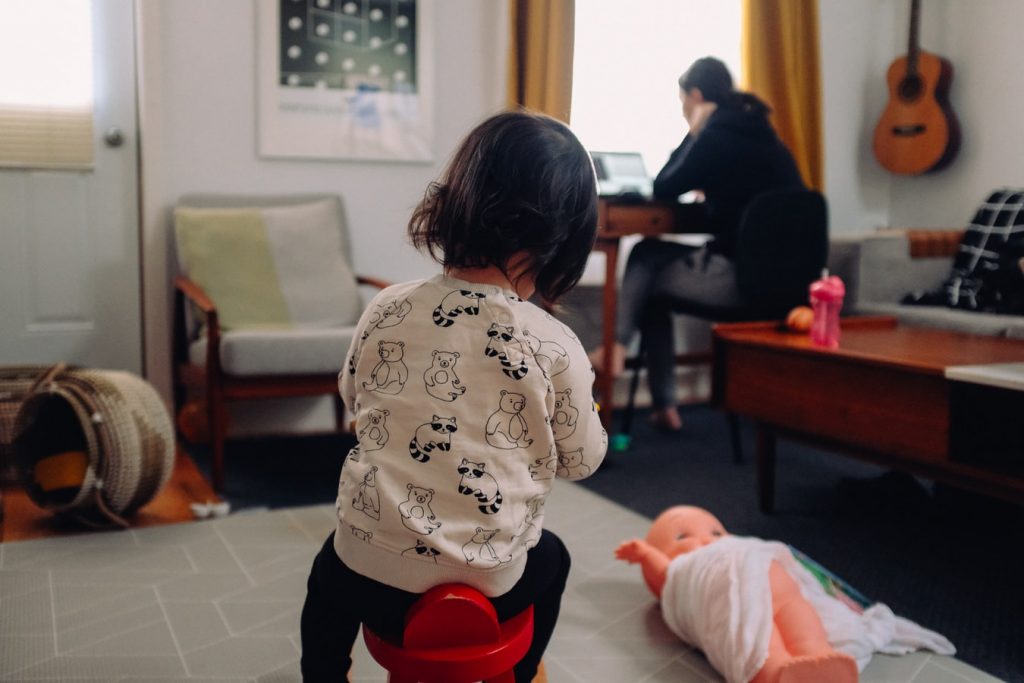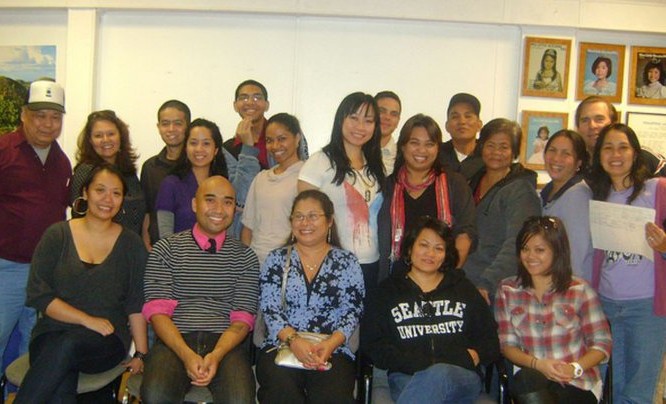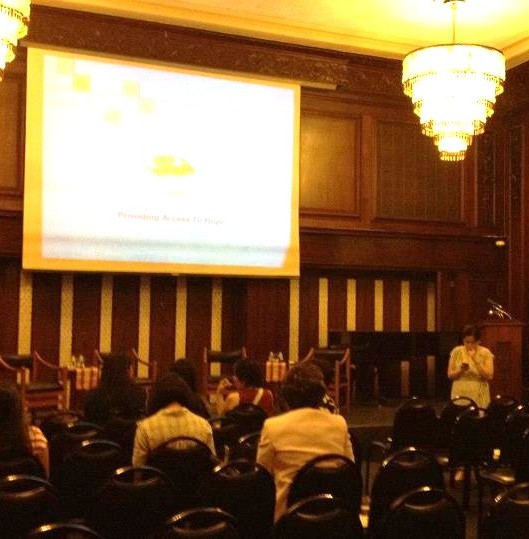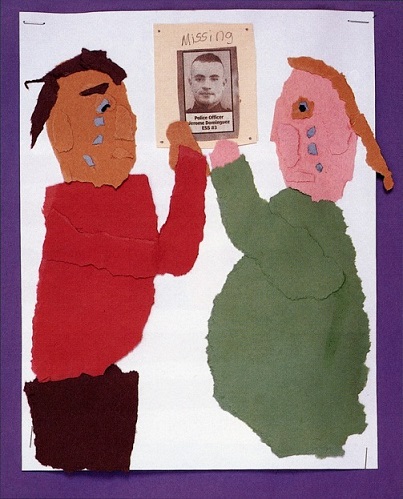Social distancing can lead to depression, anxiety
By Dr. Erwin Tan, M.D., AARP
It’s completely normal to feel sadness, anxiety, and stress during the COVID-19 pandemic. Common signs of distress include feelings of hopelessness or fear, changes in eating and/or sleeping patterns, difficulty concentrating, and physical symptoms such as headaches and stomach problems.
Everyone reacts differently to stressful situations and some people may eventually develop symptoms of depression or even clinical depression. Evidence has already emerged that COVID-19 can affect your psychological well-being. Over half of those living in quarantine during the peak of the outbreak in China rated the psychological effect as moderate to severe, while only one-quarter reported minimal psychological impact.

In addition, people who thought they were more at risk for contracting COVID-19, including people with chronic illness, reported higher depression and stress levels. Notably, lower depression and stress levels were associated with taking the preventive action of washing hands after coughing, sneezing, or touching potentially contaminated surfaces. Even in a world without COVID-19, depression is more common and more severe in both older adults, especially those 70 and older, and those living below the federal poverty level.
Because COVID-19 and related economic concerns have the potential to greatly affect these vulnerable populations during the pandemic, public health efforts must pay special attention to addressing this issue. Taking care of your emotional health during the COVID-19 pandemic will help you plan clearly and protect yourself and your family.
Here are some actions that can help ease depressive symptoms during this stressful time:

Limit news consumption and stick with trusted information. Research suggests having the right amount of timely and reliable information is key for managing depressive symptoms. Obsessively watching the news may increase stress levels and worsen depressive symptoms. Accepting some level of uncertainty about the situation and only visiting trusted news sources can help. Daily updates on how to avoid the spread of COVID-19 can be found at aarp.org/coronavirus.
Connect across social distance. While crucial to our health, social distancing can exacerbate depression and anxiety. Reach out to friends and loved ones who may be lonely or isolated. Call frequently and schedule video chats if available. Try out AARP’s new website, AARP Community Connections. By providing some contact information, people can receive a friendly check-in call from an AARP volunteer.
Exercise regularly. Exercise is one of the most effective non-drug treatments for depression. Go for a walk, get on a yoga mat, do some weight-bearing exercises, or try an AARP exercise video.
Practice mindfulness and meditation. Practicing deep breathing, mindfulness, and meditation can all help calm anxiety and negative thought. Many websites and apps offer guided sessions. Try free apps such as Calm; Breethe; UCLA Mindful; and Mindfulness Coach, from the U.S. Department of Veterans Affairs.
If you’re in need, several services are available 24/7, 365 days per year. Here are some examples:
- National
Institute of Mental Health Crisis text hotline: Text “HELLO” to 741741. This
text line serves anyone, in any type of crisis, connecting them with a crisis counselor
who can provide support and information.
- Disaster Distress Helpline: Call 1-800-985-5990 or text “TalkWithUs” to 66746. This free, confidential, and multilingual helpline provides immediate crisis counseling for people who are experiencing emotional distress related to any natural or human-caused disaster.
Hopefully these options and resources illustrate how none of us is alone; we are all navigating through this pandemic together. There are actions we can take to care for our own mental well-being. In fact, taking the action itself will likely prove healing.

Erwin Tan, MD, is a director at AARP Thought Leadership. His areas of expertise include geriatric and integrative medicine, health longevity, volunteering, and perceptions of aging.











